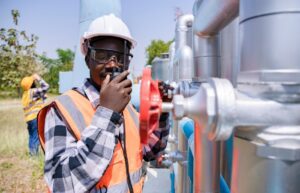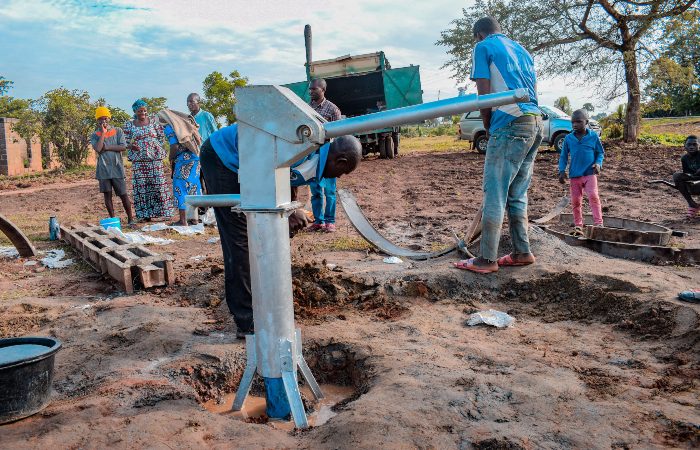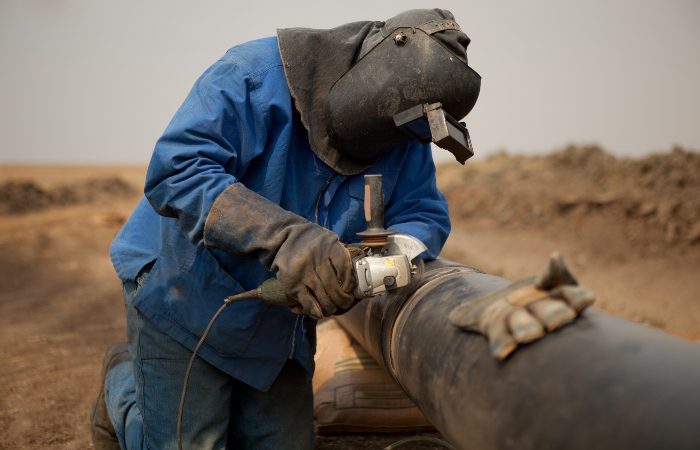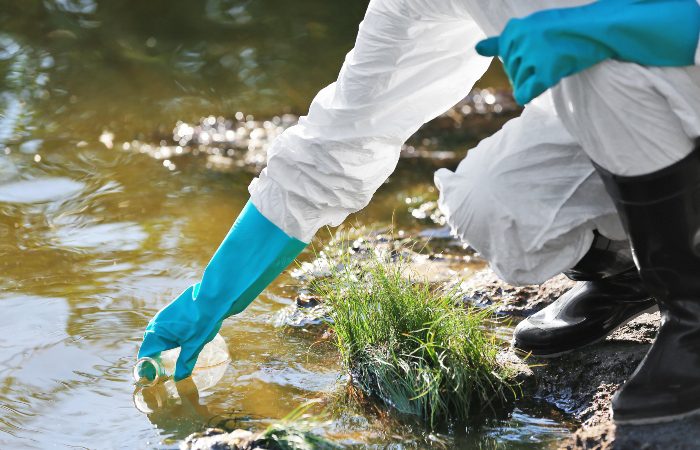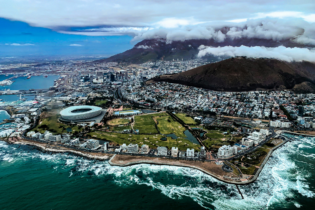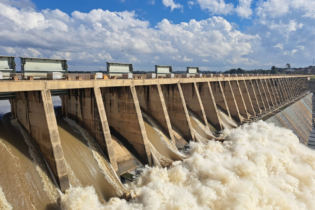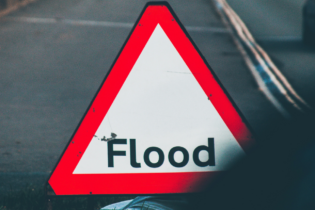A person ‘in the hot seat’ makes tough or difficult decisions and is answerable for the actions of the people or organisation they represent.
Success within this context requires a courageous and resilient individual. Mpho Mookapele, CEO of the Energy and Water Sector Education and Training Authority (EWSETA), fits the profile. The EWSETA is mandated to drive skills development in two of South Africa’s most critical sectors – energy and water. This is achieved through research to determine the skills demand; the facilitation and coordination of skills development programmes to respond to sectoral challenges; driving excellence through quality assurance; and fostering an ecosystem in the energy and water sectors that creates inclusive economic development. Given the problems facing South Africa’s energy and water sectors, which are impacted by a lack of relevant and sufficient skills, the EWSETA has a key role to play in these sectors both in the short and long term. The challenge facing the EWSETA is a big one. To achieve its strategic objectives requires a focused approach and fearless leadership. At a young age, Mookapele has proved herself to be the sort of leader that will see the EWSETA taking strides towards its ultimate goal of capacitating the energy and water sectors with the skills needed to ensure the sustainability of these sectors in the future. Passion for the public sector If anyone understands the challenges faced by South Africa’s youth, particularly those born and raised in rural parts of the country, Mookapele does. She was born and grew up in Zeerust, a small village in the North West. Her passion for the development of the country, and its young people, has served as the driving force for her dedication to the public sector. In living what she describes as her true purpose, she constantly reiterates the importance of service and being lucky enough to serve the public sector to the best of her ability – reinforcing actionable solutions – and being a role model for young people in the country.National water and sanitation summit
Hosted by the Minister of Water and Sanitation, Senzo Mchunu, a diverse contingent of water and sanitation stakeholders gathered at Gallagher Estate in Midrand in mid-February. The event sought to craft lasting solutions to challenges facing the sector to ensure water security and dignified sanitation in the country. Mookapele was given the opportunity to address the summit. She highlighted ongoing challenges that negatively impacted the sector:- There is a lack of – or inadequate participation by – levy-paying employers in the EWSETA’s annual Workplace Skills Plan (WSP) process, which aims to determine a consolidated picture of the ‘real’ skills required in the sector. While the submission of a WSP entitles an employer to access Mandatory Grant Funding to drive employee training, this process fulfils a critical research function in terms of determining skills demand to serve and grow the sector. A lack of meaningful sector participation in this process means that the information being submitted by a small percentage of the sector results in skewed skills demand data for the country.
- An important mandate for the EWSETA is qualification development and realignment to meet the specific needs of the sector. Without active industry participation, irrelevant or mismatched skills are being rolled out that result in the sector not benefiting from trained graduates and leading to high graduate unemployment. Once again, industry participation is key to identifying the qualifications and skills programmes needed to meet sector skills demand.


